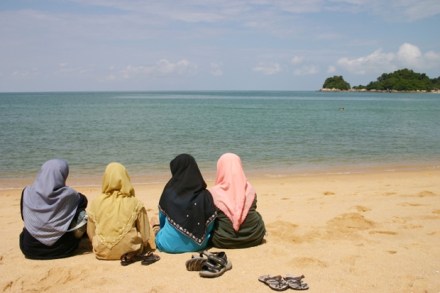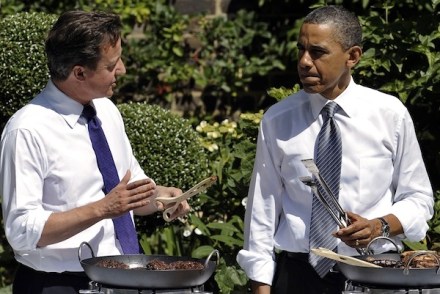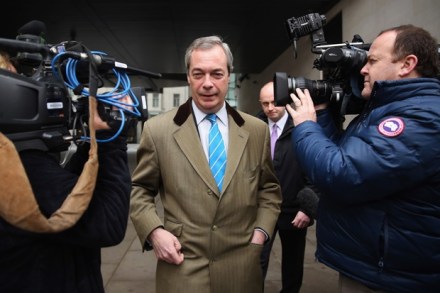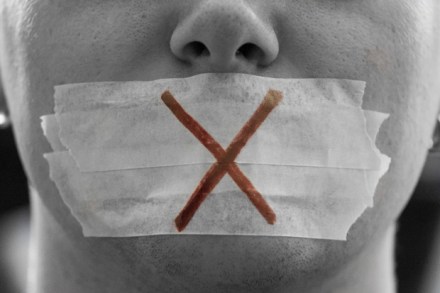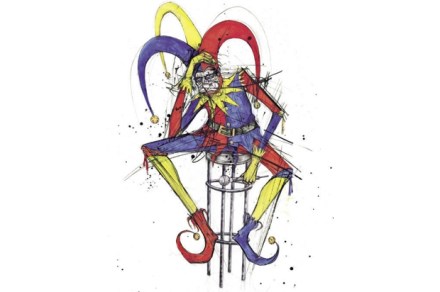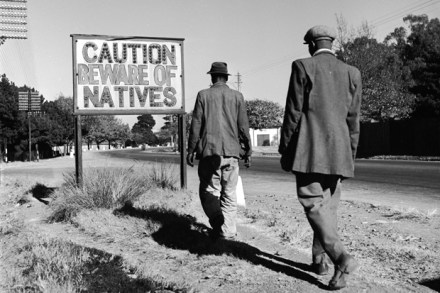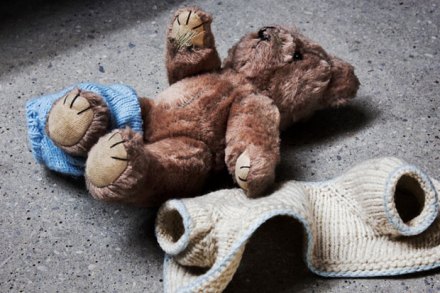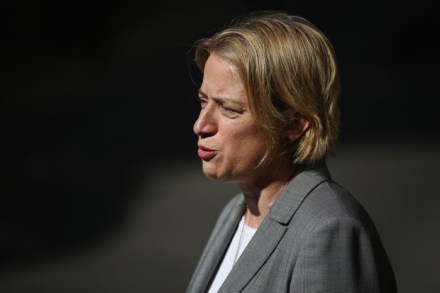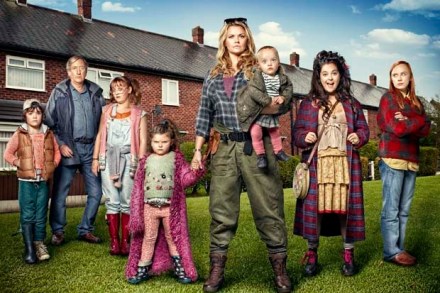A twinge of fear, and a glimpse of a harsher world
I celebrated Eid in a sandy bay in Sri Lanka, watching from the warm, shallow sea as gaggles of local Muslims in holiday mood sauntered past to congregate at the public end of the beach about half a mile away. Since they looked so much more colourful, picturesque and exotic than the tourists in the security-guarded enclave where I was, I thought I’d wander down to take a few snaps. Having just finished Ramadan, they were all very excited — the young men especially. Suddenly, as if from nowhere, a group of dark-skinned boys with wispy beards, bare-chested but in long trousers, had surrounded me. ‘Selfie!’ one of them said —
